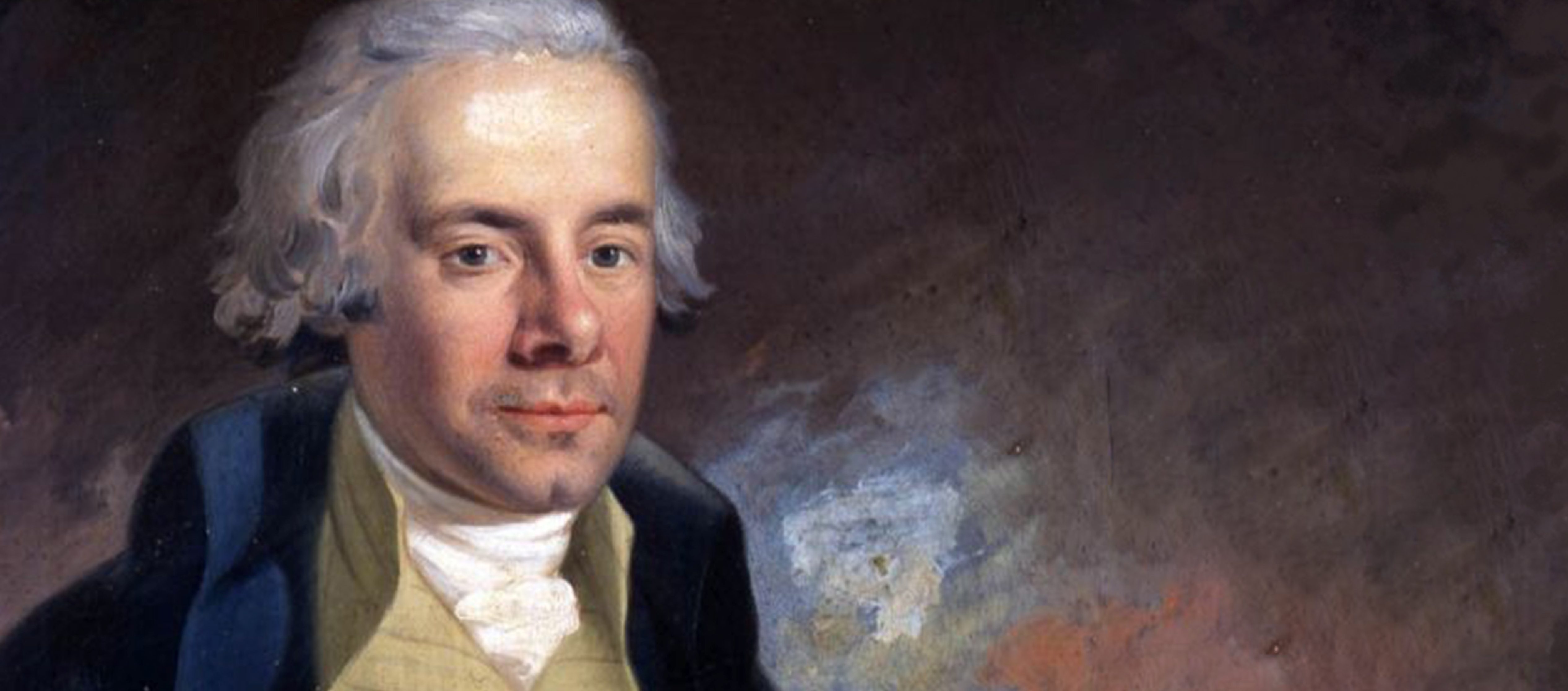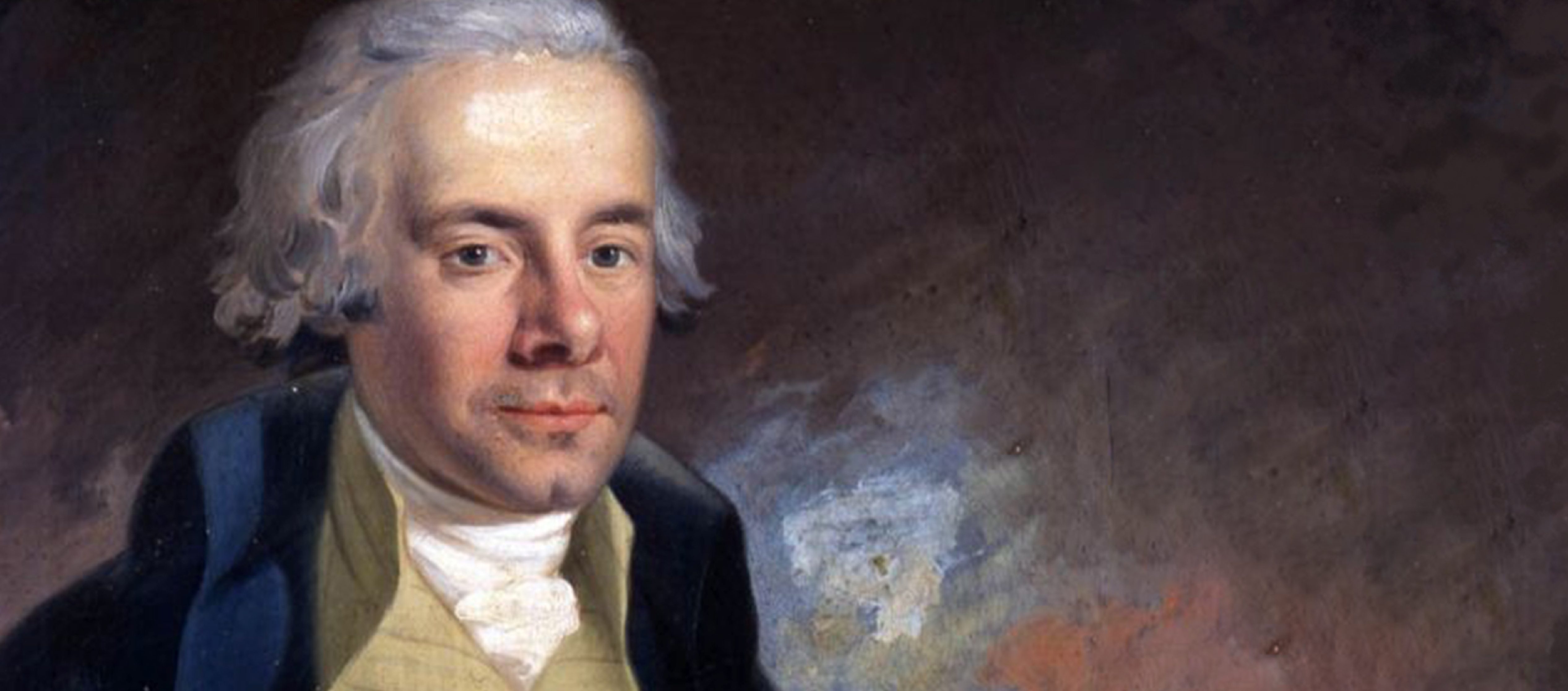

Make a Difference by Living Out Your Beliefs:
The William Wilberforce Story
Warwick Fairfax
May 21, 2019
Who would argue that the abolition of the slave trade was not one of the most impactful events of the nineteenth century? British historian, G.M. Trevelyan said this was “one of the turning points in the history of the world.” William Wilberforce was the driving force behind this.
Who is William Wilberforce?
In his later years he was regarded as “the conscience of his nation,” but his early life did not give any indication that he would become a man so respected and revered. Born in 1759 in Northern England to wealthy parents, he went on to study at Cambridge University. He was never a serious student, but he was known to be witty, charming, and eloquent. With the charisma of a natural leader, Wilberforce was elected to Parliament at 21 — the youngest age you could be elected — along with William Pitt, who became Prime Minister just three years later.
The Turning Point
In 1785, Wilberforce had an “intense religious experience” while traveling, prompting him to consider leaving Parliament and going into the ministry. At this juncture, his life could have taken a very different course had his friend and mentor John Newton not intervened. This former captain of slave ships had his own religious conversion, becoming an Anglican minister and abolitionist — and went on to write the hymn “Amazing Grace.” Newton urged Wilberforce to continue his political path and to live out his faith in the place where he could have the most impact.
The Abolition
From that point forward, Wilberforce devoted his whole being to the abolition of the slave trade and of slavery itself. At this time, the slave trade was dominated by the British, and was entrenched in political and monetary interests. The abolition of the slave trade would be a difficult battle.
In 1789, Wilberforce introduced resolutions against the slave trade to parliament for the first time. They did not pass. For 18 years he continued to propose these bills, but again and again, they were defeated. Finally, in 1807 the tide began to turn. In speech after speech, members of Parliament spoke in favor of the abolition of the slave trade in the British Empire. Prime Minister William Grenville called the bill “a measure which will diffuse happiness among millions now in existence, and for which [Wilberforce’s] memory will be blessed by millions yet unborn.”
Three days before Wilberforce died in 1833, he learned that Parliament was passing a law that would free all slaves in the British Empire.
How One Man Lived Out His Beliefs
We can learn a lot from Wilberforce. Showing humility and empathy with those opposed to him, and by demonstrating an understanding of the financial impact of the abolition of the slave trade, he won people over. He appealed to their sense of morality and pressed on, asserting that the abolition of the slave trade was the right thing to do.
With his natural charisma and charm, it was said that “with all his talents he would probably have been Pitt’s successor as Prime Minister if he had preferred the party to mankind.” Instead, he believed strongly that pursuing the abolition of the slave trade and slavery was his purpose in life. This was how he was going to lead a life of significance. Consistent through this battle was the anchor in his life: his faith.
How to Make a Difference in Your Own Life
There are lessons we can learn from William Wilberforce for our own lives, as we seek a life of purpose and significance:
- The anchors in our life should guide our actions. For Wilberforce, it was his strong faith.
- Making a difference happens when we match our beliefs with our passions and our skills. Wilberforce matched his faith with the passion he had for abolition. He lived his vision out in Parliament, an arena he was particularly gifted in. He was one of the most skilled speakers of his day.
- We all need a good mentor. Wilberforce had a great mentor in John Newton, who urged him to stay in Parliament and live out the anchor of his faith.
- A strong support network can be the key to our vision becoming reality. Wilberforce had a support network who shared his vision. This group of friends, “the Clapham sect” were devout people who were influential in government and business.
The strength of Wilberforce’s faith and the passion he had for his vision of the abolition of the slave trade and slavery helped him overcome many obstacles. How can that translate to your own life?
- Find out what you believe in, such that you believe in it to the depths of your soul, and live it out.
- Discern what cause or vision your beliefs are calling you to.
- Ensure that this cause or vision is in line with your skills and natural aptitudes.
- Talk to a mentor to seek counsel and to friends who will support you along the way.
- Be committed to your path and grounded in the anchor of your beliefs. There will inevitably be obstacles. Perseverance comes from the determination that what you are devoting your life to really matters.
Few of us may feel that we can have the impact that William Wilberforce did. Even he, at a younger age, had no idea what he was capable of, but we all want in some way to lead a life of significance. Our own impact may not be as well-known as that of Wilberforce, but the impact of many people leading lives of significance can add up to a world-changing difference.

